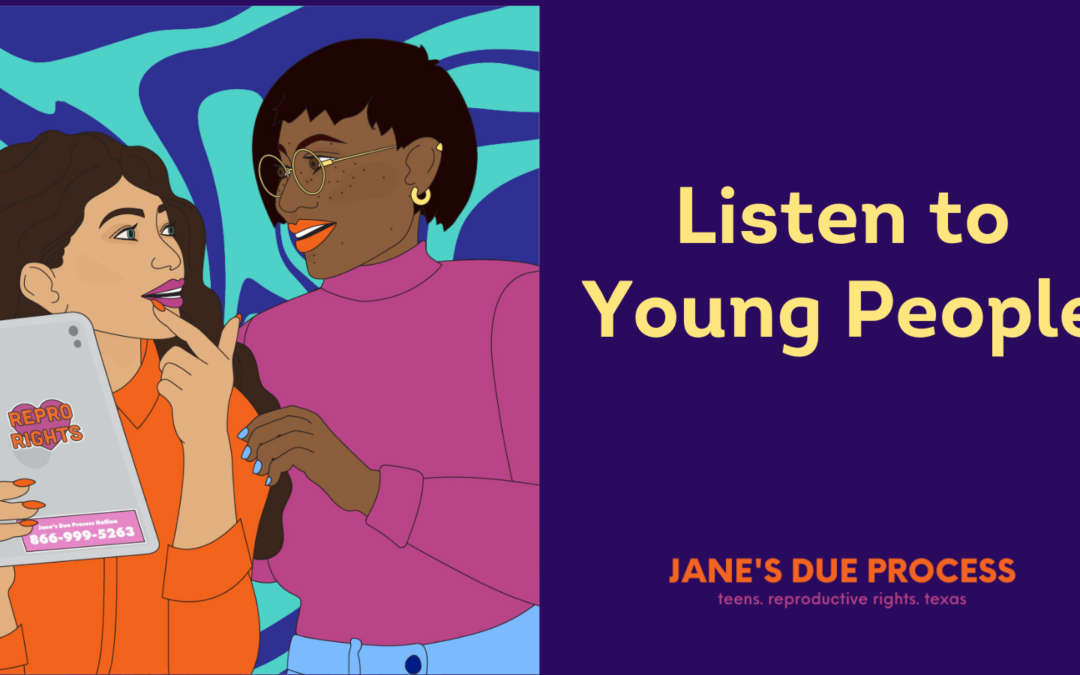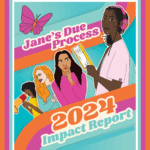By: Hannah Nguyen
CW: references to sexual assault
I can feel my heart pounding in my ears as I skim over the testimony on my computer for what feels like the twentieth time in the last hour. The closer the clock above me ticks to my time slot, the more my hands shake as I frantically pounce on my keyboard, deleting and replacing words and phrases. When the clock shows ten minutes until my time slot, I grab my laptop and dart upstairs. I leave behind the clamorous sounds of pots and pans banging downstairs, and I close the door to my parents’ bedroom. I shakily breathe in and out and log on to the Zoom meeting from the nightstand next to my parents’ unmade bed, whispering my testimony to myself for the last time. Suddenly, the waiting room screen changes, and I am staring at one box with a timer counting down my two-minute time slot and another with a view of the members of the Texas State Board of Education.
It is September 8th, 2020, and for the first time in over twenty years, the Texas SBOE is preparing to revise the state’s sex education curriculum.
It is hard to pin down the exact point when an interest in reproductive justice became a passion that led me to advocate for comprehensive sex education at the state level. Perhaps it was the 2016 election, when a staunchly anti-reproductive freedom campaign was handed the keys to the highest office in the country. Or maybe it was during a global pandemic, when an excess of time and desperation for a hobby could turn interests into full-blown passion projects. To this day, though, the memory of a close friend from middle school being sexually assaulted is one of the pillars of my advocacy for reproductive justice and education.
I remember coming up to her locker in seventh grade, a blank expression on her face as she stared into her locker, when she told me that her boyfriend had forced her to submit to unconsensual sex. I was thankful that she trusted me enough to share her story, but all I could do was hug her and tell her how sorry I was; neither of us understood the severity of what had happened. Five years later, I can tell you that she was sexually assaulted, had not known to use any form of contraception, and worst of all, felt more comfortable turning to another thirteen-year-old who could only give her a hug than telling an adult who had the capability to do something more. As I sit in front of my computer screen and recite statistics and arguments to a room of adults, I still remember the weight that two thirteen-year-olds were forced to carry without realizing how heavy it truly was.
I end my speech staring at the screen of board members, with some still hanging on to my every word while most stare at their phones, having already walked into the board room knowing the decision they were going to make. Whatever side of the aisle you may fall on, it is evident that Texas teens are missing an essential part of their education. When students walk out of health class, laughing about teachers using the words “penis” or “condom,” they are never made aware of the dire consequences of not knowing how to use a condom or what birth control even is. If neither public schools nor our own parents are willing to step up and have the tough conversations with us, who will? Who will step up and make sure another Texas teen never has to go through this world without a fully comprehensive education?
About the Author:
Hannah Nguyen is a senior at Clements High School in Sugar Land, Texas. Hannah is passionate about social justice; she is the co-president of Fort Bend Students United for Reproductive Freedom and has previously worked with Jane’s Due Process on the Minecraft SBOE protest. She has also worked with Dear Asian Youth @ Fort Bend on the Political Activism Project to increase Asian voter turnout and education within the community. Besides social justice, Hannah is also a huge bookworm and loves exploring new places in Houston!




